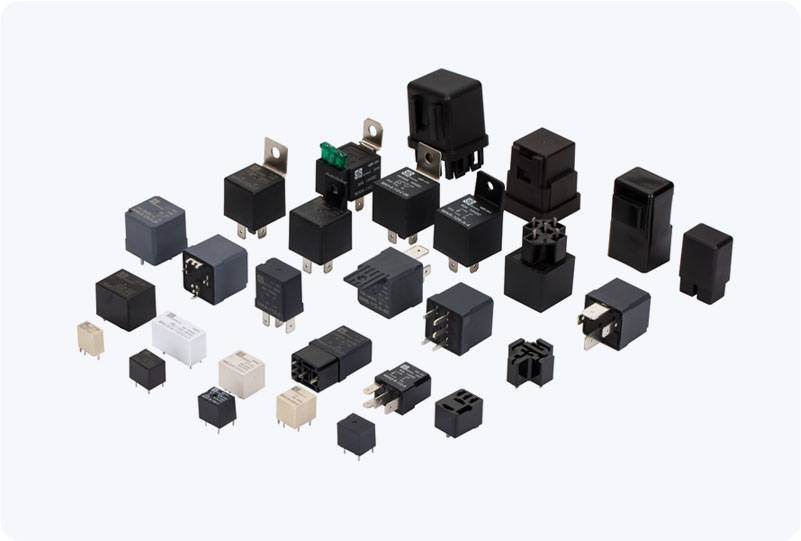understanding ground fault relay: importance and applications
Release time:2025-05-14 20:47:52
A Ground Fault Relay (GFR) is a critical component in electrical protection systems, designed to detect any unintended connection between an electrical circuit and the earth. This kind of fault, known as a "ground fault," can occur when an energized conductor comes into contact with the ground or any conductive object that is grounded. Ground faults can pose significant safety risks, including electric shock hazards and fires, and can also damage equipment. As a result, ground fault relays are essential to ensuring the safety, efficiency, and reliability of electrical systems, particularly in industrial and commercial applications.

Function of Ground Fault Relay
The primary role of a Ground Fault Relay is to detect and respond to ground faults by disconnecting the power supply before the fault can cause damage. It works by continuously monitoring the current flowing in an electrical system. If an imbalance between the phase conductors and the neutral or ground is detected, the GFR will trip the circuit breaker, stopping the flow of electricity. This quick response minimizes the potential for equipment damage, fire, and injury.
Ground fault relays come with a sensitivity threshold, which allows them to detect faults at very low current levels. This makes them effective in identifying even small ground faults that could lead to more significant issues if left unchecked.

